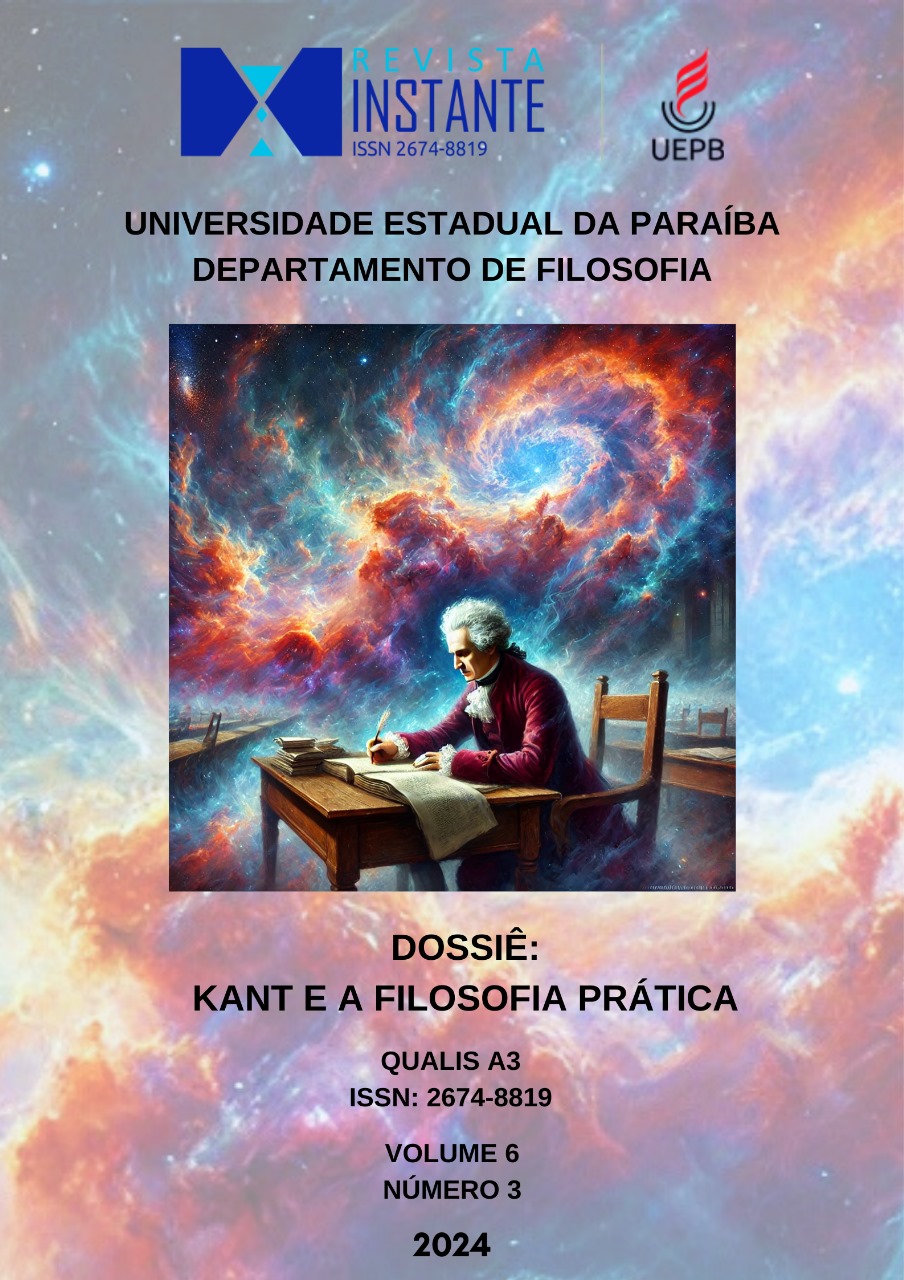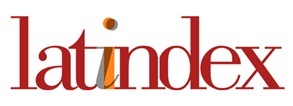FILOSOFIA MODERNA E SECULARIZAÇÃO
Keywords:
Modernity. Secularization. Philosophy.Abstract
Starting from the idea that Western modernity can be understood as a movement towards secularization, I present four factors that I think are important for understanding this phenomenon. The first factor concerns Spinoza's narrowing of the gap between the divine and the mundane and his critique of theism. The second factor refers to the Kantian critique of heteronomy, which consolidates the modern idea of the self-defining subject. The third concerns the philosophy of the Absolute. With it, Hegel tries to overcome the divisions between subject and object, thought and being, etc. associated with Kantian philosophy. The Absolute posits its own negation (the world, matter, finitude) in order to be able to take it on and overcome it. This idea was criticized by the generation immediately after Hegel, whose main exponent was Ludwig Feuerbach. The fourth factor relates to this criticism and marks the decline of the theological worldview that had been systematically affirmed, denied and reaffirmed in the course of modernity. I conclude by showing that, when we understand modernity as a movement of gradual realization of secularization, then the 19th century dispute between idealism and materialism can be thought, from the point of view of theoretical philosophy, as the apogee of that modern process.
References
ARMSTRONG, Karen. Em nome de Deus: o fundamentalismo no judaísmo, no cristianismo e no islamismo. São Paulo: Companhia das Letras, 2001.
BROWN, Wendy. Idealism, materialism, secularism? Social Science Research Council, Brooklyn, NY, 22 out. 2007. Disponível em: https://tif.ssrc.org/2007/10/22/idealism-materialism-secularism/. Acesso em: 20 mar. 2023.
CASANOVA, José V. Genealogías de la Secularización. Barcelona: Anthropos Editorial; Mexico: Universidad Nacional Autónoma de México. Facultad de Ciencias Políticas y Socia-les, 2012.
ENGELS, Friedrich. Ludwig Feuerbach e o fim da Filosofia Clássica Alemã. 1.ed. São Paulo: Boitempo, 2024.
FEUERBACH, Ludwig. Princípios da Filosofia do Futuro. In: FEUERBACH, Ludwig. Filosofia da Sensibilidade: Escritos (1839-1846). Lisboa: Centro de Filosofia da Universidade de Lisboa, 2005a.
FEUERBACH, Ludwig. Teses Provisórias para a Reforma da Filosofia. In: FEUERBACH, Ludwig. Filosofia da Sensibilidade: Escritos (1839-1846). Lisboa: Centro de Filosofia da Universidade de Lisboa, 2005b.
FEUERBACH, Ludwig. Princípios da filosofia. Necessidade de uma transformação. In: FEUERBACH, Ludwig. Filosofia da Sensibilidade: Escritos (1839-1846). Lisboa: Centro de Filosofia da Universidade de Lisboa, 2005c.
FEUERBACH, Ludwig. A Essência do Cristianismo. 2. ed. Lisboa: Fundação Calouste Gulbenkian, 2002.
HEGEL, G.W.F. Diferença entre os sistemas de Fichte e de Schelling. Lisboa: Imprensa Nacional-Casa da Moeda, 2003.
HEGEL, G. W. F. Filosofía de la religión: Últimas lecciones. Madrid: Editorial Trotta, 2018.
HOBSBAWM, Eric J. A Era do Capital, 1848-1875. 33. ed. Rio de Janeiro: Paz e Terra, 2022.
KANT, Immanuel. Crítica da Razão Pura. 5. ed. Lisboa: Fundação Calouste Gulbenkian, 2001.
MARX, Karl. Crítica da Filosofia do Direito de Hegel. 3. ed. São Paulo: Boitempo, 2013.
MARX, Karl. Teses sobre Feuerbach. In: ENGELS, Friedrich. Ludwig Feuerbach e o fim da Filosofia Clássica Alemã. 1.ed. São Paulo: Boitempo, 2024.
SPINOZA, Benedictus de. Ética. Belo Horizonte: Autêntica Editora, 2009.
SERRÃO, Adriana V. A Humanidade da Razão. Braga: Fundação Calouste Gulbenkian, Fundação para a ciência e a tecnologia, 1999.
TAYLOR, Charles. Hegel. São Paulo: É Realizações, 2014.
TOLLE, Oliver. Introdução. In: HEGEL, G. W. F. Fé e Saber. São Paulo: Hedra, 2007.










